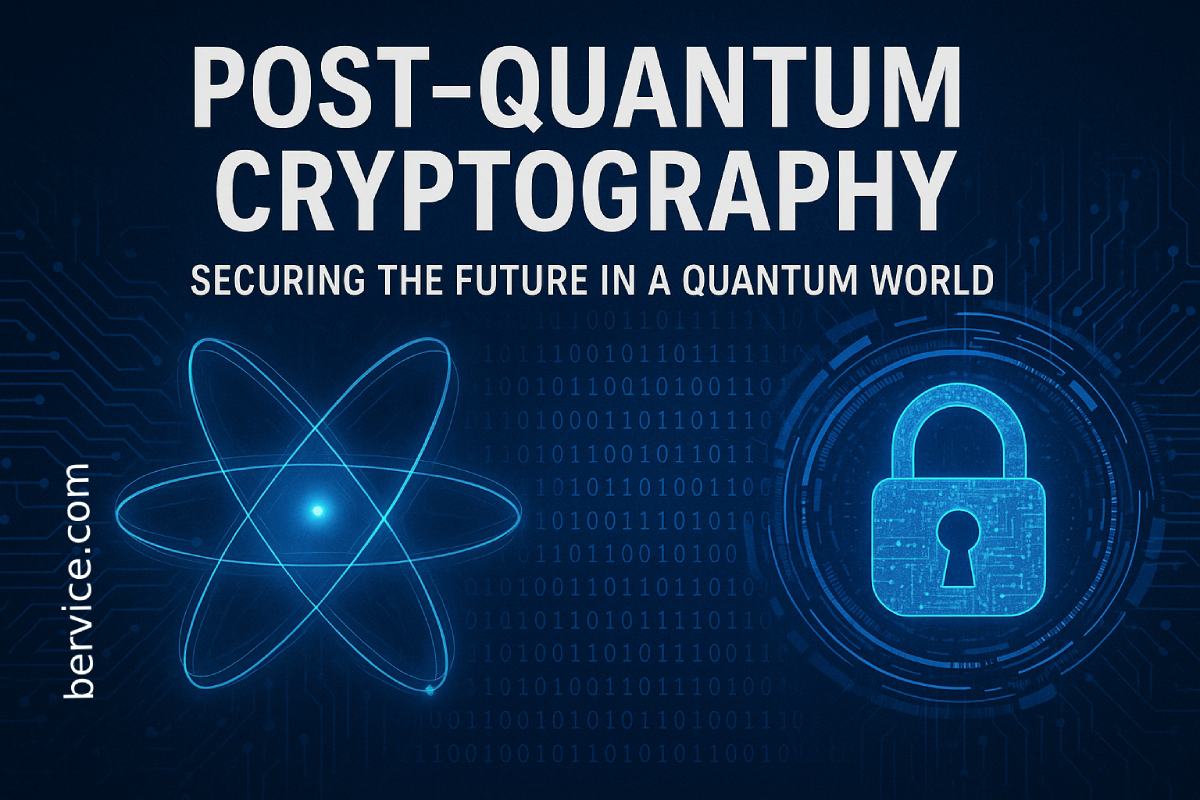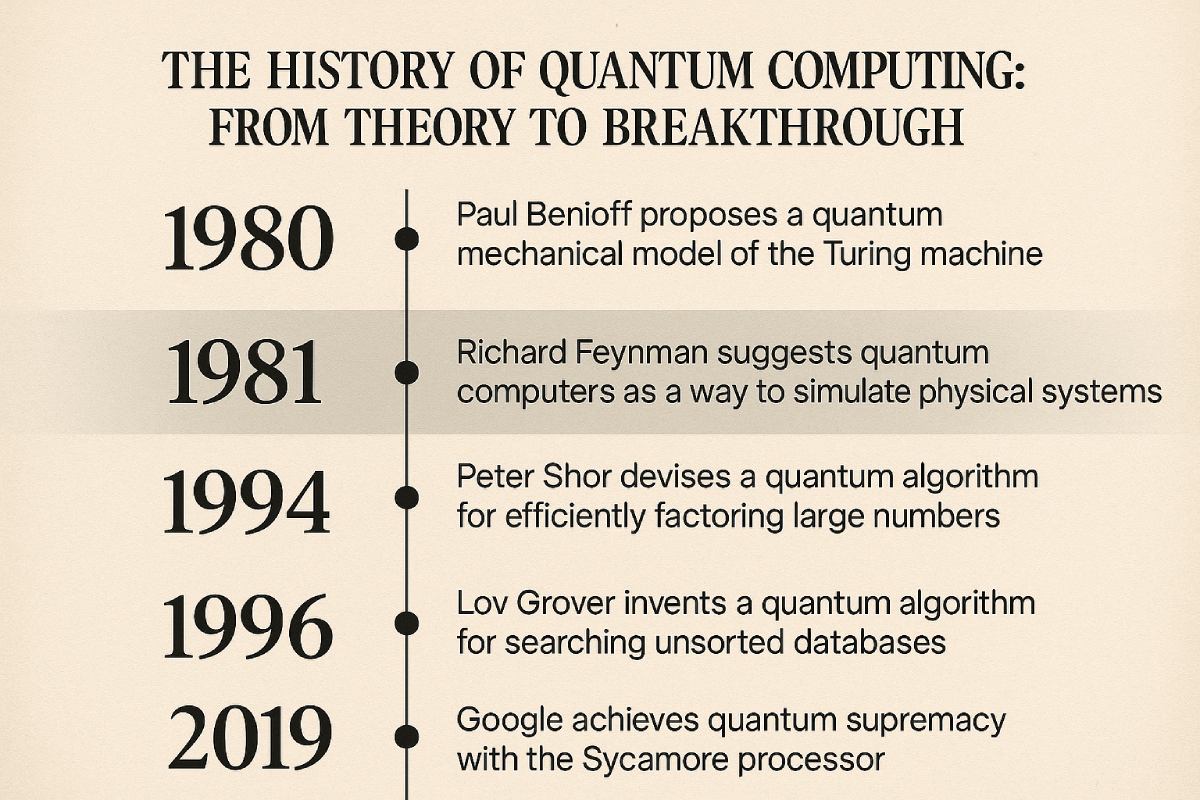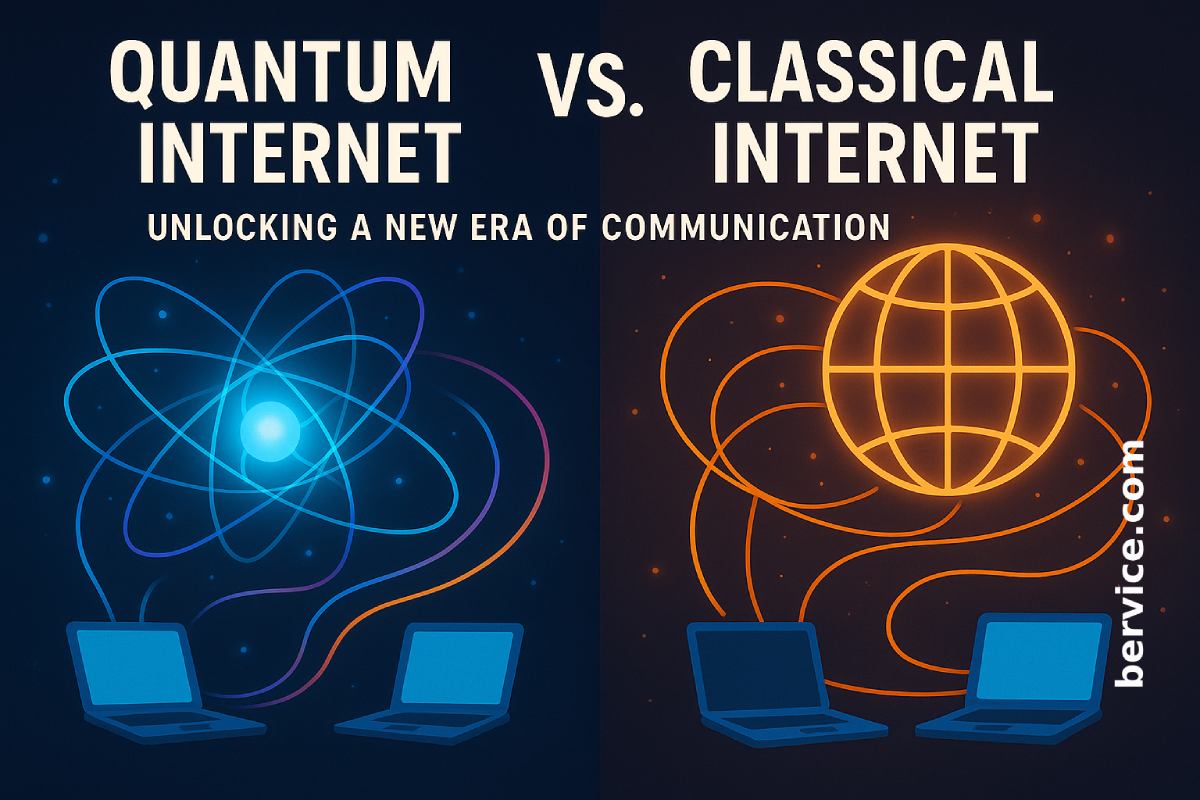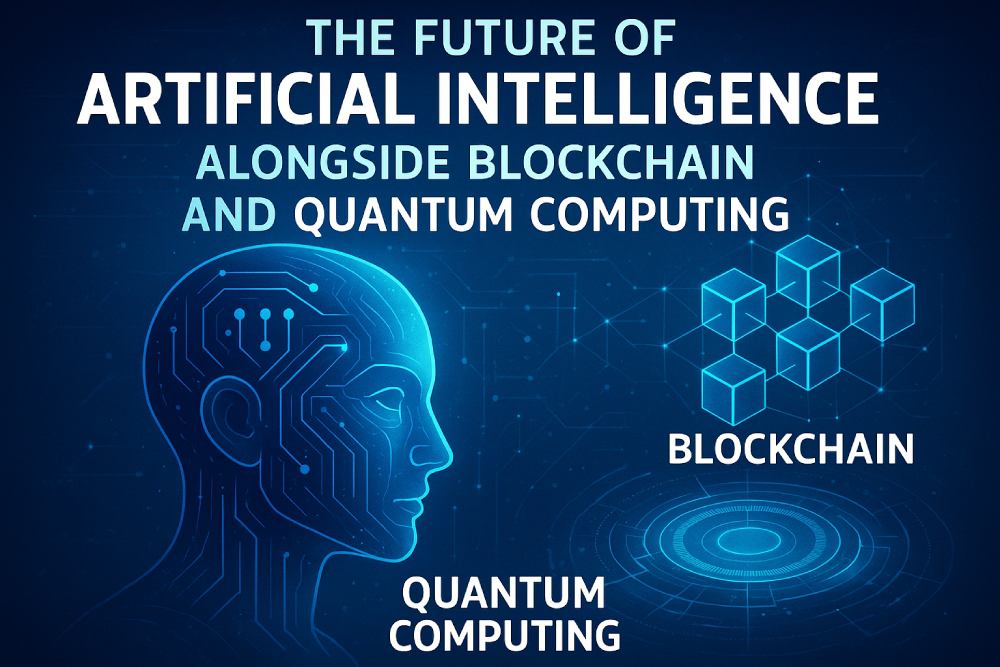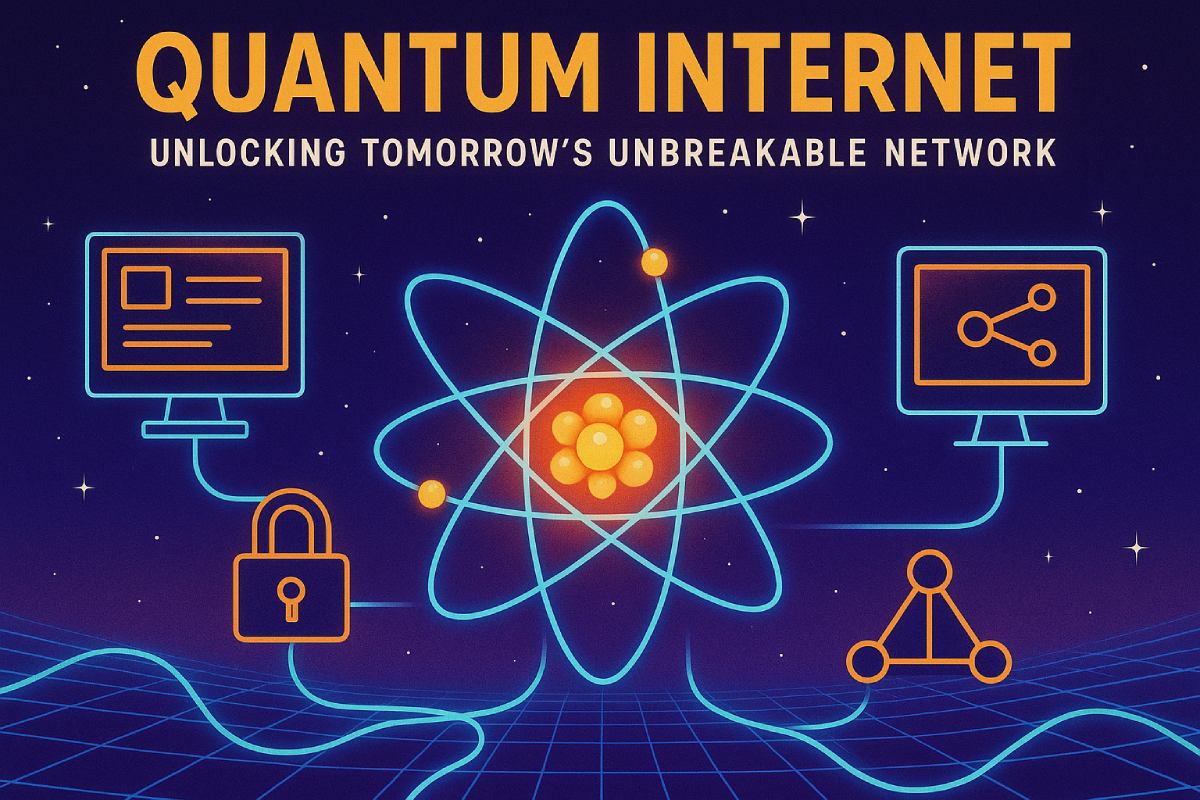
Quantum computing is poised to fundamentally reshape the landscape of information technology. As quantum systems transition from theoretical concepts to practical machines, their influence on data storage and information security will become increasingly profound. In the coming decades, quantum computers will not only introduce new models for storing and managing vast amounts of data but also revolutionize cybersecurity protocols across all industries.
Quantum Storage: A New Era for Data Management
Traditional data storage relies on binary systems—bits that exist as either 0s or 1s. Quantum computers, however, leverage qubits, which can exist in multiple states simultaneously due to the principle of superposition. This property allows quantum systems to encode and store far more information per unit compared to classical systems. Future quantum storage technologies could lead to ultra-dense storage mediums, significantly reducing the physical footprint of data centers while massively increasing their capacity.
Additionally, quantum memory technologies are being developed to preserve quantum information reliably over time. These advancements could lead to breakthroughs in distributed data storage, ensuring higher speeds, better fault tolerance, and enhanced global data synchronization. This may also enable the rise of “quantum clouds” — highly secure, decentralized quantum data centers.
Quantum Computing and Information Security Challenges
While quantum computers offer incredible potential, they also pose a significant threat to current cryptographic systems. Algorithms such as RSA, ECC, and other public-key systems are considered secure against classical computing attacks but are vulnerable to quantum algorithms like Shor’s algorithm, which can factor large integers exponentially faster. This capability could render much of today’s encrypted data easily decipherable once scalable quantum computers are available.
This looming threat has accelerated the global movement toward post-quantum cryptography (PQC)—cryptographic algorithms designed to be resistant to both classical and quantum attacks. Organizations and governments are now investing heavily in transitioning to quantum-safe protocols to protect sensitive information before quantum computers reach full maturity.
Quantum-Enhanced Security: New Frontiers
Interestingly, quantum computers also introduce powerful tools for securing information. Quantum Key Distribution (QKD) allows two parties to share encryption keys with absolute security, guaranteed by the laws of quantum mechanics. Any attempt to intercept the key would instantly alter the quantum state, alerting the participants to the intrusion. This technology has already been tested in secure communication channels between satellites and ground stations, heralding a future where unbreakable communication networks could become mainstream.
Moreover, quantum random number generation (QRNG) provides truly unpredictable random numbers, an essential component of strong cryptographic systems. Unlike classical pseudorandom generators, QRNGs leverage inherent quantum uncertainties to create numbers that cannot be predicted or reproduced by any algorithm.
Preparing for a Quantum Future
Organizations, governments, and cybersecurity professionals must start preparing for the quantum era today. This includes:
- Adopting hybrid systems that combine classical and quantum-safe algorithms.
- Testing and deploying post-quantum cryptographic standards, such as those currently being finalized by NIST.
- Investing in quantum literacy for technology teams to understand both the threats and opportunities quantum computing presents.
- Monitoring quantum advancements, as the timeline for practical quantum computing is narrowing faster than previously anticipated.
In parallel, companies focusing on quantum storage technologies are pushing the boundaries of what future data management will look like—offering faster retrieval, decentralized verification, and ultimately, storage systems that align with a quantum-secured digital world.
Conclusion
Quantum computers are no longer a distant dream—they are an approaching reality that will reshape how we store and protect information. While they present formidable challenges to traditional cybersecurity models, they also offer unparalleled solutions that could make future data networks more secure than ever. Embracing this transformation early will define the leaders of the digital economy for decades to come.
Connect with us : https://linktr.ee/bervice
